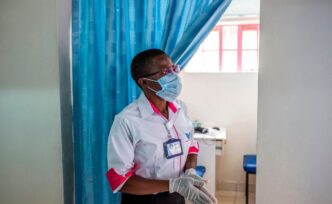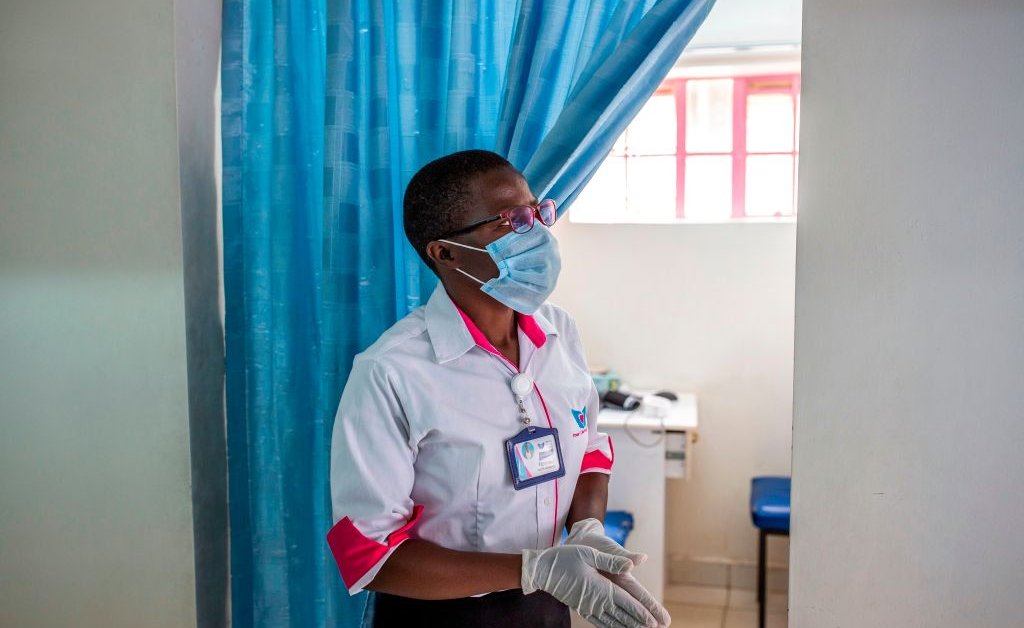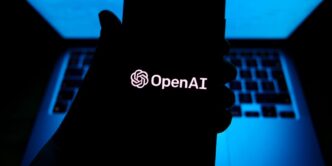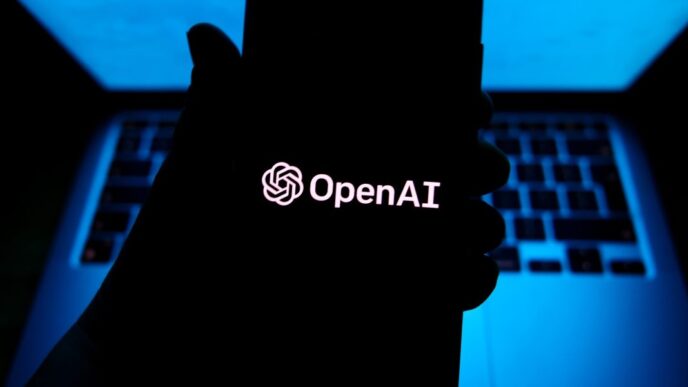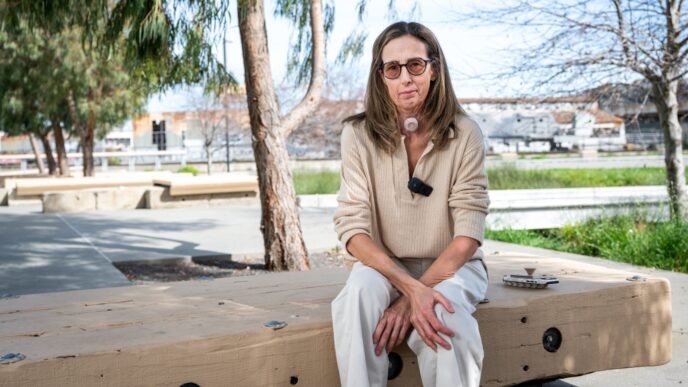OpenAI and Penda Health rolled out an AI tool that helped cut medical errors by up to 16% in real-world clinics in Kenya.
Penda Health runs 16 primary care clinics in Nairobi. Their clinicians are like U.S. physician assistants, trained for four years. They handle a wide range of medical cases but struggle keeping up with all the guidelines and knowledge.
The AI tool, called AI Consult, works quietly in the background during patient visits. It only flags clinicians if they make questionable decisions, like overprescribing antibiotics.
Early versions just gave clinicians a button to get AI-backed guidance, but usage was low—only about half of visits. The new system nudges only when needed, acting like a safety net or senior doctor reviewing care.
“It’s like having an expert there,” said Dr. Robert Korom, chief medical officer at Penda.
“In some ways, that’s how [this AI tool] is functioning. It’s a safety net—it’s not dictating what the care is, but only giving corrective nudges and feedback when it’s needed.”
The study involved nearly 20,000 Penda clinicians using the tool and compared them to those who didn’t. Results: 16% fewer diagnostic errors and 13% fewer treatment mistakes.
Dr. Isaac Kohane of Harvard Medical School praised the real-world scale:
“We need much more of these kinds of prospective studies as opposed to the retrospective studies, where [researchers] look at big observational data sets and predict [health outcomes] using AI. This is what I was waiting for.”
OpenAI’s Karan Singhal says it also helped doctors learn.
“It was a learning tool for [those who used it] and helped them educate themselves and understand a wider breadth of care practices that they needed to know about,” said Singhal.
“That was a bit of a surprise, because it wasn’t what we set out to study.”
Dr. Sarah Kiptinness at Penda added AI Consult boosted clinician confidence and improved care quality.
Clinicians get instant feedback with a color-coded system rating their actions. Penda plans to expand this to customized training guides.
“Many of our clinicians now feel that AI Consult has to stay in order to help them have more confidence in patient care and improve the quality of care,” said Kiptinness.
Experts say this kind of AI co-piloting could work well in high-need areas with few healthcare workers.
“We probably wouldn’t want our clinicians to be completely without this,” Korom said.
Dr. Ethan Goh of Stanford AI Research expects the study to inspire similar tests worldwide.
“Maybe today we are just catching mistakes, but what if tomorrow we are able to go beyond, and AI suggests accurate plans before a doctor makes mistakes to begin with?” said Goh.
OpenAI and Penda customized AI Consult for Kenya’s common diseases and workflows. Korom sees big potential if the model fits local needs.
“How far can we push this?” he asked.
“I think there is a lot of potential there.”
Full study available on OpenAI.com.
